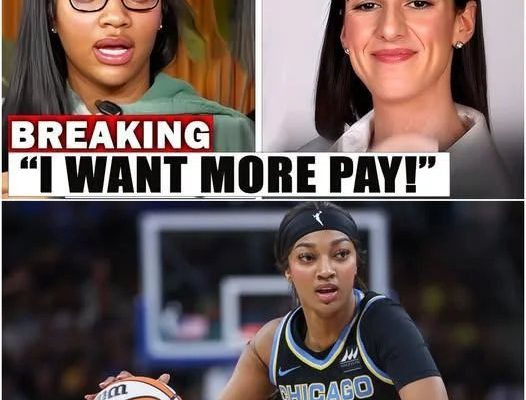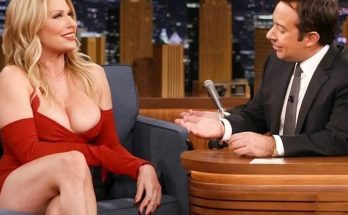NEW YORK, NY – Angel Reese, the prominent rookie forward for the Chicago Sky, has ignited a firestorm of controversy with her recent demands for significantly higher pay within the Women’s National Basketball Association (WNBA). Reese’s bold stance, including veiled threats of a potential sit-out if her salary expectations are not met, has amplified the long-standing debate surrounding equitable compensation for female athletes and raised questions about entitlement versus performance-based remuneration.

Reese initially voiced her concerns on her podcast, articulating a strong belief that WNBA players are undervalued and deserve compensation commensurate with their contributions to the league’s growth and popularity. She drew parallels to the financial benefits athletes now receive through Name, Image, and Likeness (NIL) deals in college sports, suggesting this model should be extended to the professional realm, bolstering her argument for increased salaries.
“We are bringing in audiences, we are generating revenue, and we deserve to be paid accordingly,” Reese stated, echoing a sentiment widely held by many within the WNBA. Her perspective has found support from figures like DJ Carrington, a commentator who has publicly backed Reese’s claims and emphasized the importance of recognizing deserving players. However, Carrington’s involvement has also introduced a layer of complexity, as her unsolicited advice on player performance and league matters often fuels further debate.
While Reese’s advocacy for better wages resonates with many, her specific approach has drawn criticism from analysts, fans, and even fellow players. A key point of contention centers on the perception that Reese, still in the nascent stages of her WNBA career, has not yet demonstrably proven her worth on the court to justify such lofty salary demands. Critics argue that the WNBA, like any professional sports league, operates within specific economic parameters, where revenue generation and on-court performance are primary determinants of player compensation.
“The WNBA’s salary structure is directly linked to its revenue streams,” explained sports economist Dr. Emily Carter, speaking to this publication. “While there is undoubtedly a desire to improve salaries, it must be done sustainably and in a manner that reflects the league’s overall financial health. Demanding top-tier pay without a proven track record of sustained performance and significant contribution to revenue generation is simply not economically viable.”
Furthermore, Reese’s previous statements about not necessarily needing a WNBA salary, stemming from her success with NIL deals, have resurfaced and are being used to question the sincerity and consistency of her current demands. Some observers interpret this inconsistency as indicative of a disconnect between her perceived value and her actual contribution to the team and the league.



